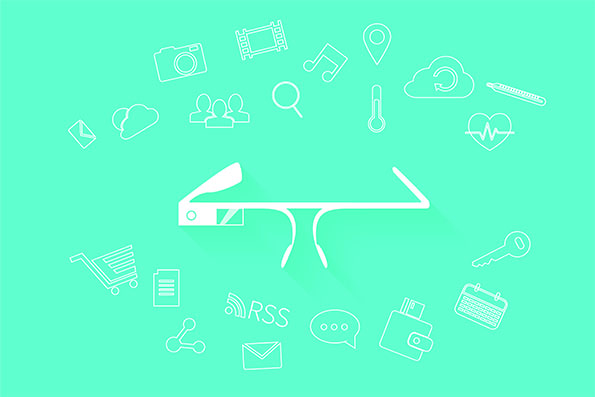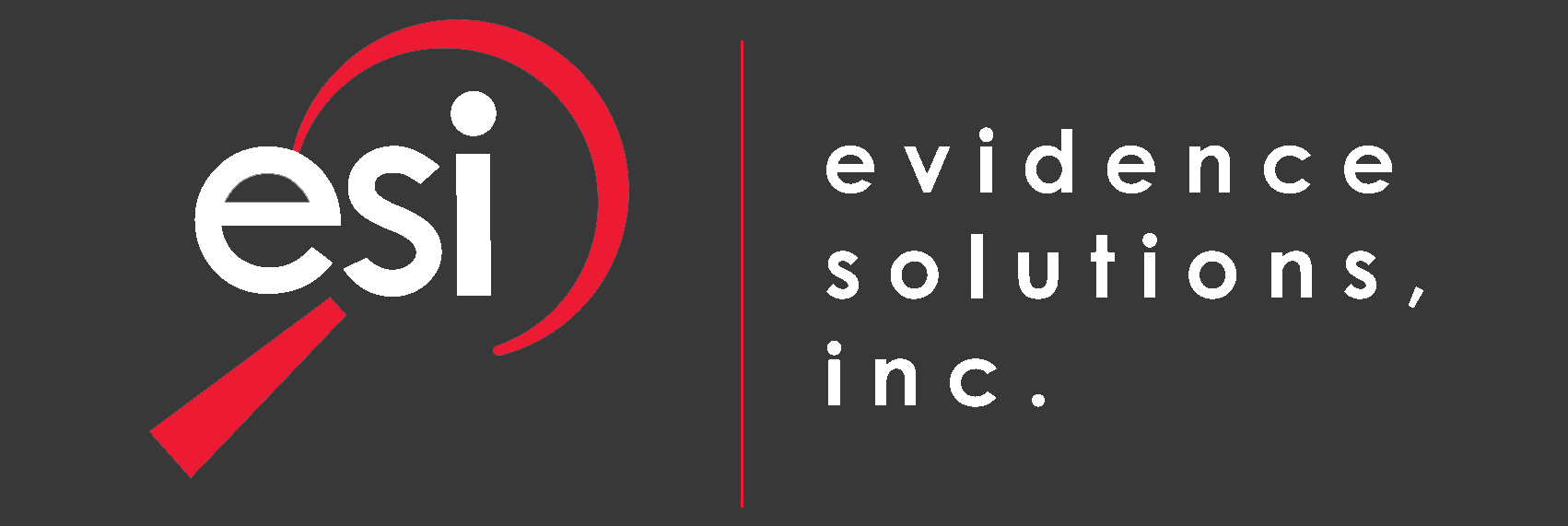There’s been a lot of hype in the media of Google’s (based in Mountain View, CA) new toy, Google Glass. A wearable computer that is controlled primarily by voice and eye movement, this rather distracting piece of eyewear has been touted as the new hot item that everyone wants. This compact device feels like a pair of eyeglasses, but over the right eye is a small projection screen that displays all manner of information at the call of “Okay Glass”. It also features a small camera that allows the user to take pictures, record video, and even make Skype calls. The device connects to Wifi to make all of these functions communicate with the Internet. All of these features and more are all available for the (not so) reasonable price of about $1,500. With all of these features, brings up some safety and significant privacy concerns. Those factors might make owning one of these devices a little less appealing. Business proprietors are also concerned, so much so that they have already been banned in many establishments in Las Vegas and Seattle.
With a regular smartphone you have the ability to turn certain features on and off as you please. Google Glass however has one feature that when turned off, makes the device useless, and that is the eye movement. The primary idea behind Glass is augmented reality, where the wearer can experience a “fuller reality” for lack of a better term. The problem with this though is it opens you up to a world of analysis to be used by Google or others. How much time you spend reading your morning news, how you check an intersection before you drive into it, how long it takes you to decide to make a purchase at a store. All of these things get recorded by Google Glass. And once recorded, they can be used, either to help you or hurt you. News outlets want to know what stories catch your interest, so they can show you more, insurance companies want to know if you are a safe driver, advertising agencies want to see what ads are effective on you. All these things and more are possible with Google Glass.
There is also the legal perspective to some. Glass has the ability to record and store entire days of your life, what you see, what you do, how you did it. One day you might get a law enforcement officer on your doorstep with a warrant saying they need to access your Glass account, the reason? You potentially witnessed a drug deal on your way to the store. While this can be a good thing, it does mean that law enforcement will then comb through your day to find what they are looking for, and who knows what else they might find. Your PIN number? Your tax forms? Your healthcare insurance statements? Sure you could turn off the device or take it off when you work with sensitive information. But, but it could be cumbersome and tedious.
While these may be fun (yet expensive) toys, they bring up a lot of questions that have yet to be answered. Just remember if you do get one, be cautious of what you do while it is on, it may come back to bite you.
For an idea of what it is like to wear Glass, check out this video: http://www.google.com/glass/start/how-it-feels/


